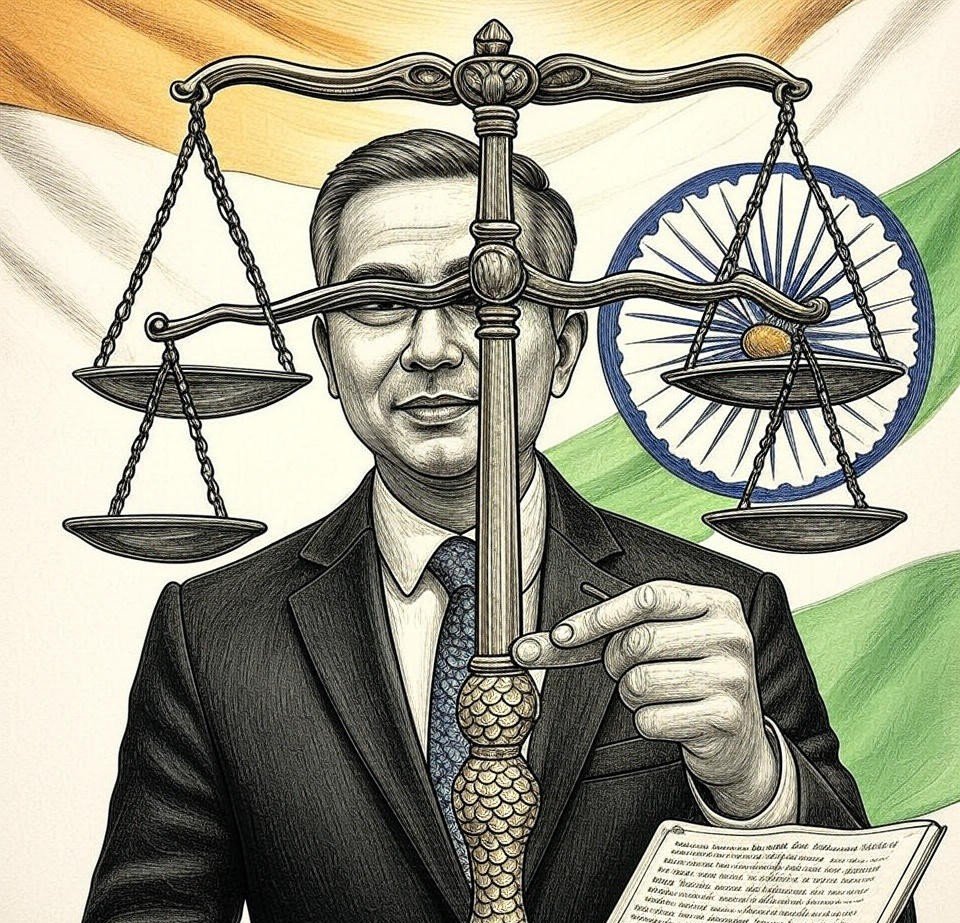Navigating Custody Disputes: NRI Legal Services in India
As the world becomes increasingly interconnected, the complexities of family law, particularly concerning Non-Resident Indians (NRIs), have come to the forefront.
Custody disputes often arise in NRI marriages, leading to emotional and legal turmoil for families. In this article, we will explore the challenges faced by NRIs regarding custody and visitation rights, the legal framework governing these disputes in India, and how Legal Light Consulting (LLC) can assist in navigating these intricate legal waters.
Understanding Custody Disputes Among NRIs
Custody disputes can be particularly contentious in NRI marriages that have endured significant challenges. In many cases, one parent may feel compelled to relocate to India with the child, often due to an inhospitable environment abroad.
Conversely, there are instances where a parent may unlawfully take a child abroad, complicating the legal landscape further.
Common Scenarios in Custody Disputes
- Parental Abduction: Fathers may forcibly take children abroad, leading to international custody battles.
- Return to India: Mothers may return to India with their children, often violating existing custody and visitation orders from foreign courts.
- Ex Parte Orders: In some cases, fathers may obtain custody orders in their favor from foreign courts without the mother’s knowledge.
These scenarios raise critical legal questions that must be addressed in custody disputes involving NRIs.
Jurisdictional Challenges in Custody Cases
One of the most pressing issues in NRI custody disputes is the question of jurisdiction. Indian courts often grapple with whether they have the authority to decide custody matters when the child may be a foreign citizen. Key considerations include:
- Intention to Reside: Does the mother’s and child’s intention to live in India grant jurisdiction to Indian courts?
- Recognition of Foreign Orders: Should Indian courts uphold custody orders from foreign jurisdictions? Under what circumstances can they be enforced?
- Summary Proceedings: Can Indian courts conduct summary proceedings when a pre-existing custody order from a foreign court exists?
The Supreme Court of India has historically emphasized the welfare and best interests of the child as the guiding principle in custody matters. However, the recent ruling in V. Ravichandran v. Union of India has shifted this paradigm by prioritizing the principle of comity of nations over child welfare. This decision has significant implications for future custody cases involving NRIs.
Legal Precedents and Implications
The Supreme Court has established a series of precedents that highlight the importance of the child’s welfare in custody disputes. Notable cases include:
- Ruchi Majoo v. Sanjeev Majoo: The court affirmed that Indian courts have the jurisdiction to decide custody matters, even if the child holds foreign citizenship.
- Dhanwanti Joshi v. Madhav Unde: This case reinforced the idea that Indian courts should consider the child’s best interests, regardless of existing foreign custody orders.
However, the V. Ravichandran case illustrates the tension between adhering to international norms and prioritizing the child’s welfare. The court’s ruling to return a child to the United States, despite the mother’s circumstances, raises critical questions about the balance of rights and responsibilities in custody disputes.
The Role of the Hague Convention
The Hague Convention on the Civil Aspects of International Parental Child Abduction offers a framework for addressing international custody disputes. Unfortunately, India is not currently a signatory to this convention.
The Law Commission of India has recommended that India accede to the Hague Convention, emphasizing the need for a structured approach to custody disputes. However, concerns from women’s rights activists highlight the risks of ignoring the plight of mothers who may be fleeing abusive situations.
Legal Light Consulting: Your Partner in Custody Disputes
Navigating the complexities of custody disputes as an NRI can be daunting. Legal Light Consulting (LLC) specializes in providing comprehensive legal services tailored to the needs of NRIs facing custody and visitation challenges.
Our team of experienced lawyers understands the nuances of Indian family law and is dedicated to protecting your rights and the best interests of your child.
Why Choose Legal Light Consulting?
- Expertise in NRI Legal Matters: Our lawyers possess in-depth knowledge of international and Indian family law, ensuring you receive informed guidance.
- Personalized Approach: We understand that every case is unique. Our legal team will work closely with you to develop a strategy that aligns with your specific circumstances.
- Commitment to Child Welfare: We prioritize the welfare of your child in all legal proceedings, advocating for solutions that best serve their interests.
Frequently Asked Questions (FAQs) about NRI Legal Services in India
1. What should I do if I am facing custody disputes as an NRI?
If you are facing custody disputes, it is crucial to seek legal assistance from a qualified NRI legal service provider like Legal Light Consulting. They can help you navigate the complexities of custody laws, both in India and abroad, and represent your interests in court.
It’s important to gather all relevant documentation regarding custody orders and any communications you have had with the other parent.
2. How does Indian law handle custody disputes involving foreign citizens?
Indian courts can have jurisdiction over custody disputes involving foreign citizens if the child has a substantial connection to India, such as the intention of the mother and child to reside in India. However, the specifics can vary based on individual cases, so it’s advisable to consult with an expert legal consultant to assess your situation.
3. Can Indian courts override foreign custody orders?
Yes, Indian courts can review and potentially override foreign custody orders, especially if they determine that doing so is in the best interests of the child.
The welfare of the child is a guiding principle in Indian custody matters, even in transnational disputes. Legal Light Consulting can help you understand how this principle may apply to your case.
4. What legal protections are available for mothers fleeing hostile environments with their children?
Mothers who flee hostile environments with their children may find legal protections under Indian law, particularly if they can demonstrate that returning the child to the foreign jurisdiction would not be in the child’s best interests.
Legal Light Consulting can provide guidance on how to present your case effectively in Indian courts.
5. How can I ensure that my custody rights are protected during international disputes?
To protect your custody rights during international disputes, it is essential to engage with a knowledgeable legal consultant who specializes in NRI legal services. They can help you understand your rights, navigate the legal landscape, and represent your interests effectively in both Indian and foreign courts.
Conclusion
Custody disputes involving NRIs present unique challenges that require a nuanced understanding of both Indian and international law. As legal precedents evolve, it is crucial for parents to seek expert guidance to navigate these complex legal waters.
Legal Light Consulting is here to provide the support and expertise you need to ensure that your rights and your child’s best interests are protected. If you are facing custody challenges, do not hesitate to reach out to us for a consultation. Together, we can work towards a resolution that honors the well-being of your family.







